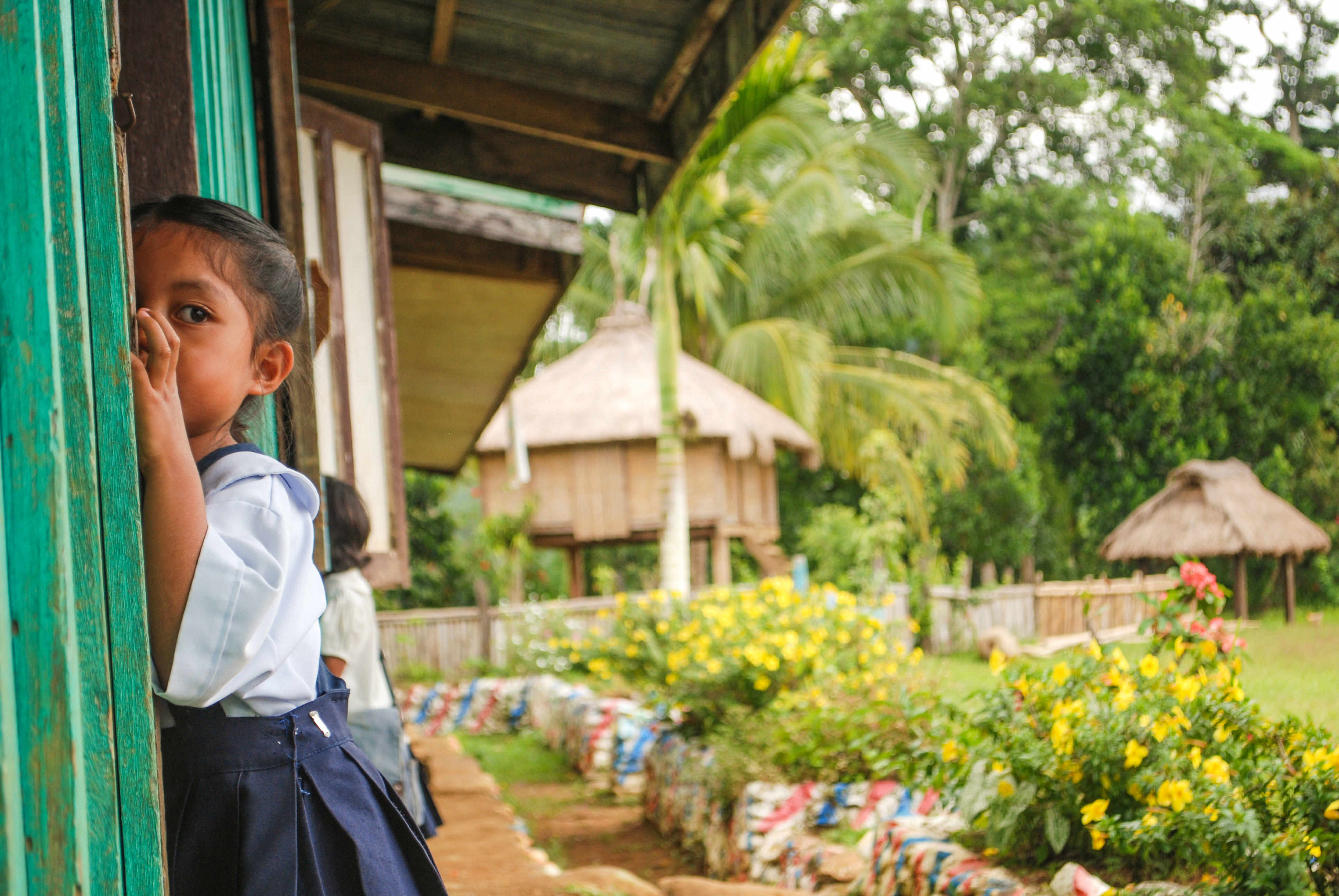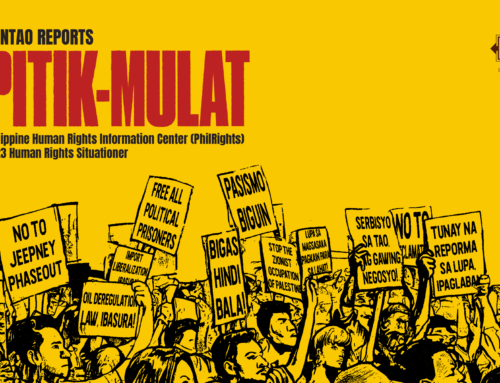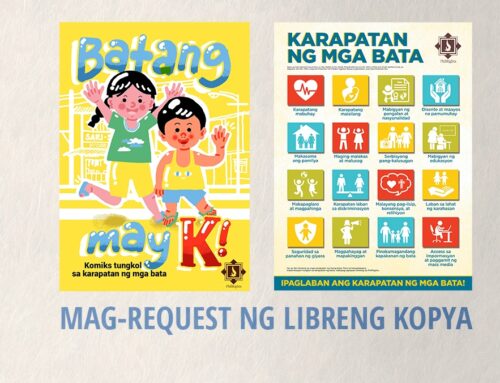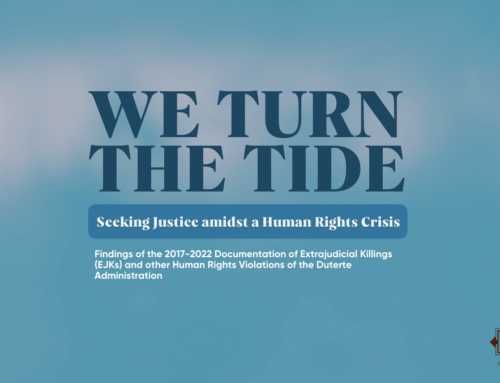By PhilRights Staff
“Children’s Rights are only for children. What about our rights as parents/teachers/adults?”
This is a question we often get asked by adult community members during our Children’s Rights advocacy activities. The relevance of the question should be recognized, especially when we take into account the fact that these adults grew up in an era when Children’s Rights were not discussed, let alone practiced.
As a Children’s Rights advocate you would already know that we now have more visible opportunities for younger people to be recognized as equal members of their communities. But encouraging an acceptance of this shift among adults who might see the advocacy as a possible deterrent to disciplining their children remains a challenge.
One way to meet this challenge is to remember that Children’s Rights are invariably linked with other community issues as well. Take for example our partner community in Kasibu, Nueva Vizcaya. After a thorough scanning of community issues, we understood the value of linking Children’s Rights to environmental rights and issues. In our project activities, we made the effort to present the intersection of Children’s Rights with other pressing issues confronting the community (e.g., large-scale mining, livelihood, etc.).
By demonstrating these intersections, our adult partners realized that advocating for Children’s Rights will contribute meaningfully to honing young leaders who would be the future advocates of and in the community. This creative framing of the advocacy has made Children’s Rights acceptable by more people who now see it in a more holistic way.
Children’s Rights advocacy should always be integrated in the general Human Rights campaign. While there is focus on children, the promotion of the universality of Human Rights must be emphasized by the advocates. Such consistency helps in preventing misconceptions that Children’s Rights is a hindrance in the fulfillment and protection of the rights of others, especially that of the adults. Finally, this generalist approach contributes to the development of a Human Rights culture in the community and country especially at a time when Human Rights concepts and principles are attacked and distorted.








